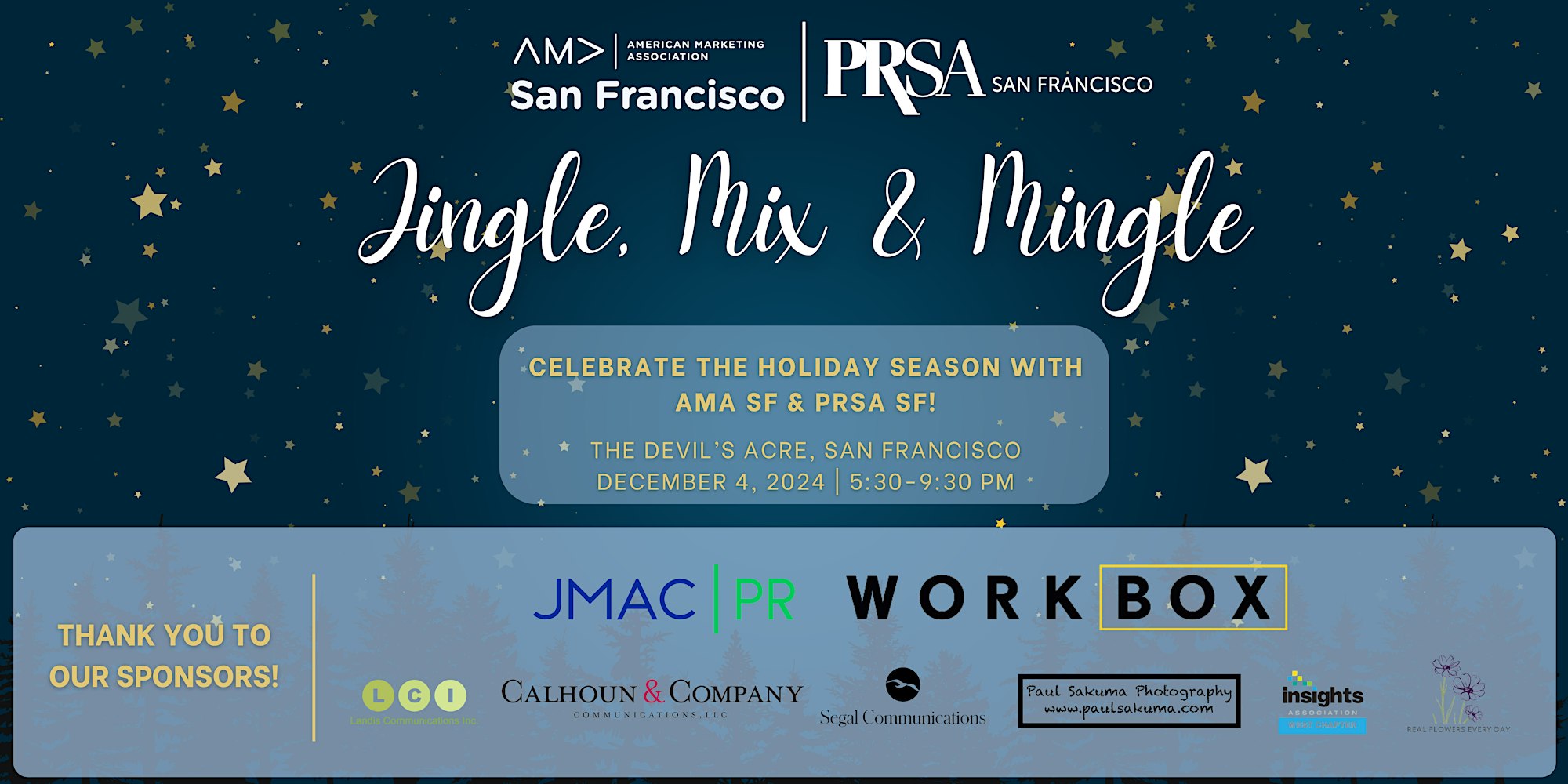During the coronavirus crisis my business was flourishing, clients were paying, things were great (for a pandemic, anyway). Then, recently the company that runs most everything on your computer abruptly ended my contract after two years due to budget cuts. Suddenly I was in the club that no one wants to be in. Just like that, I’ll be taking my own advice more than ever.
If you’ve been freelancing awhile like me, you might have thought this coronavirus would be a passing, mini-recession type thing. You would be wrong. This is epic. It’s affecting every part of the economy. And we’re still in the throes of it. But business goes on, as strange and difficult as everything is now.
Unsurprisingly, freelancers haven’t boded well during this time. In one study, 75 percent reported that they had lost gigs and 90 percent expected to lose even more work. Sure, there have been financial support programs like the CARES Act and state-funded pay outs, but they haven’t lived up to their promises, between abysmal response time, red tape, and uneven payouts.
But before you figure out what’s next for your business, I recommend you do something else first: throw out your playbook. If you were scrappy and resourceful before the pandemic, you’ll need to step up your game, big time. As a freelancer, you’re used to ups and downs, but post-pandemic times will be uncertainty on steroids. New thinking will be required for every aspect of your consulting practice. You’ll need to get in the right mindset to go get those gigs.

Some important psychology to get you in the mood for freelancing in the new normal: Science shows we are more creative with fewer choices. Call it pivoting, expanding, rethinking. The challenge will be to figure out real-life ways to apply this to your business. That means thinking about what your customers could want or need and deliver it—fast. Just as one of my big clients turned their field events into virtual events in a few weeks, freelancers need to take the same approach.
For instance, when a photographer colleague lost all of her business one day after shelter-in-place began, her thinking switched: she could possibly deliver socially distant headshots outside or provide tips for clients to look camera-ready for Zoom calls or interviews. It’s about creating new opportunities that weren’t on your radar before. Even better, you may end up keeping some of those services in your portfolio.
Reframe your business
Until this pandemic is under control and there’s a vaccine widely available, the world is an unpredictable place. A near-term future with this virus means that we may end up back to partial shut down in a few months. Remote policies may shift suddenly, depending on conditions. In other words, everything in business is likely going to be start-and-stop. You may want to redesign your contracts, payment terms, and the definition of the word “commitment” altogether. You could have work one day and the next, your client is scaling back because revenue is shaky. Or their customers aren’t paying them so clients can’t pay you. Of course, this insecure environment also means it’s the right time to reevaluate your finances if you haven’t done so already. Freelancers tend to think in splurge and spendthrift cycles, but this is a tidal wave to ride out for the foreseeable future.

Learn a new skill
If you’ve thought about expanding your services before, it’s imperative now. For example, a few years ago I half-heartedly applied for a UX writer job on LinkedIn, never thinking I’d get it, but I did. I learned a lot on the job and it was hard work. Thankfully, now I can use that experience as another card in my freelancing deck. So, if you’re an advertising creative, for instance, learn about the media landscape and how to sell digital space. If you’re a website designer, study up on development. If you’re an SEO expert, expand to your skills to write copy. LinkedIn and many other sites and consultants online have free training, especially these days.
Reel ’em in
We’ve all seen the trend recently on Twitter and other social media platforms. Many consultants and small businesses are offering free 30-minute consults, webinars, how-to videos, or other value-add service. This is a good time to be creative and a more generous with your time, if you can. First of all, you’ll be making new contacts, and second, it could lead to business down the road. Don’t misread this as giving services away though. Think of these as a “teaser” but also that you’re truly helping others. I’ve also noticed generous offers from writers and editors, for example, to help unemployed freelancers with their resumes, which can also increase future work or word-of-mouth business.

Target remote work
Sadly, it’s not just freelancers that are laid off, of course. Many regular employees—a staggering 40 million—filed for unemployment in recent months. The second wave predicted? Six million more white-collar/professional jobs will be on the chopping block. A lot of free agents will be filling those roles. In fact, 73 percent of hiring managers will keep or even increase their stable of freelancers, especially for writers and creatives, and web and software development. Even better: the top 10 remote jobs right now include writing, graphic design, web development, social media, and event planning. Turns out for the first time ever, freelancing might be more secure than a full-time job.
We’re all in this together
If you’ve ever considered partnering with a complementary business or two to increase odds of landing work, now is the time. I’ve paired up with a graphic designer for several gigs in the past with end-to-end services—project management to writing, design, and web development. Chances are that other freelancers are in the same boat, so you need each other more than ever. Sometimes even unlikely businesses can help you find work, which means scoping your entire network of freelancers. Perhaps there’s a coder you know that can bring you into a new marketing launch coming up for one of their clients. Be open to new opportunities you may not have considered before.
Vendor, contractor, freelancer = Triple threat
You may have noticed that more companies won’t work directly with freelancers and now go through an agency, especially in California since AB5 went into effect in January. This law has businesses running scared with fuzzy contractor definitions and fear of lawsuits. While there is still confusion and legal challenges to the bill, one way to avoid it altogether is to work through a staffing agency. Many freelancers want to maintain 1099 work status, but consider it an option for securing new work. There are many staffing agencies and opportunities. Sure the competition is stiffer right now, but it’s another path to work. I’ve always been open to agencies, and I won’t walk away from it now. Another benefit of agencies: if you want health insurance, many will offer it if you’re working full-time. That could come in handy, especially these days.
Finally, or bonus—and this goes for anytime—take advantage of low-cost and free promotional opportunities. For me, that means maintaining an online presence, actively blogging, promoting my brand via social media, teaching marketing classes, speaking at events, and writing for industry organizations.
Freelancing isn’t easy. Freelancing now? It’s more challenging than it’s ever been and will remain so until we live in a post-vaccine world. The reality is, we’re not going back and we better get used to it. Persistence, flexibility, risk-taking, and creativity are needed more than ever. With these qualities front and center, your business will be ready for whatever’s next. Find your own resiliency—after all, you have it in you already or you wouldn’t be a freelancer, would you?





Comments are closed.